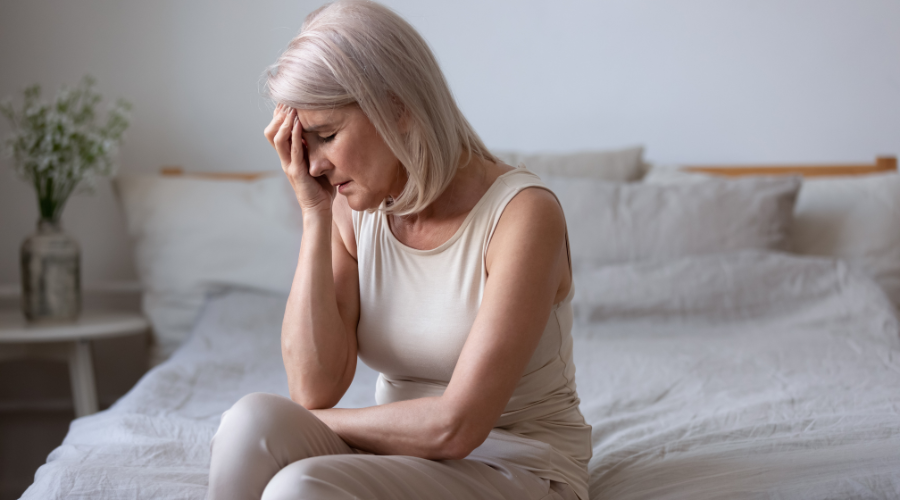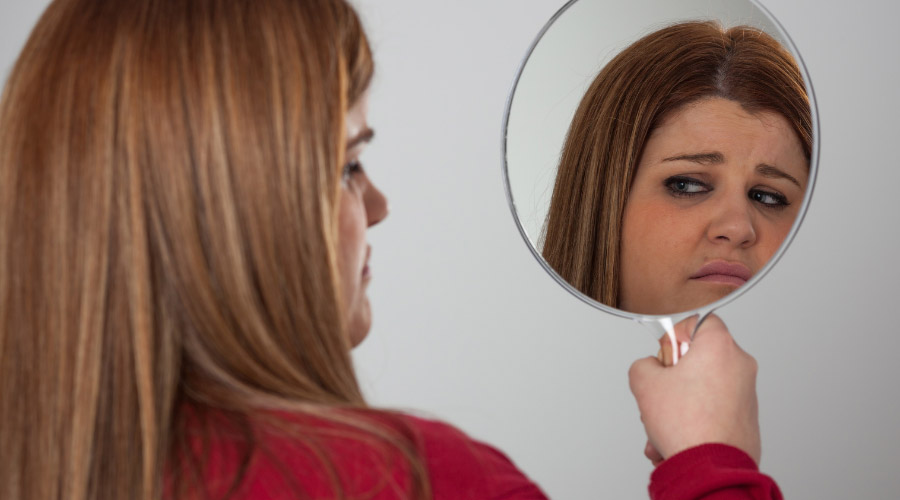Testosterone treatment for low sex drive: your top 10 questions answered

Low libido, or low sex drive, in women, is more common than you might think. Around one woman in three is affected at some stage in their lives and it is thought to affect around 15 per cent of women experiencing the menopause when periods stop.
Society can make us feel as if we should want to be sexually active. If you and your partner are happy with the state of your relationship, low libido might be something that does not concern you. However, for some women, it can have a significant impact on their self-esteem, emotional well-being and relationship and this is when it is worth considering the treatment options available.
The medical term for low sex drive is hypoactive sexual desire disorder. It can happen to women at any time and the causes can be complex, although it is more common as you age and go through the menopause when levels of the hormones estrogen and testosterone drop.
Lack of estrogen is to blame for symptoms such as vaginal dryness, hot flushes and low mood which can all affect libido, while a decline in testosterone is directly linked to less interest in sex.
If low sex drive is a problem for you, there is something you can do about it. While sexual desire is complicated, there are treatments, such as hormone replacement therapy (HRT) for menopausal symptoms, that can help and, if other treatments are not successful, testosterone therapy could be an option.
“For many women, testosterone treatment can make a significant difference to their sexual quality of life,” explains Mr Nick Panay, Director of Hormone Health,
“Now there is clear guidance from a Global Position Statement led by the International Menopause Society (IMS), on the safe and effective use of testosterone to help post-menopausal women.”

To help you decide whether you might want to consider testosterone treatment, check out our answers to your top 10 questions below:
1. What is the role of testosterone in women?
Testosterone is an androgen or sex-related hormone in the body. It is often thought of as a male sex hormone but women have it too. Like estrogen and progesterone, it is produced in the ovaries and is involved in the production of serotonin and dopamine in the brain which influences sex drive. It also has a role in keeping bones and muscles strong, maintaining energy levels and memory and concentration.
Women’s testosterone levels are highest when they are in their twenties and, as with estrogen, levels drop as women age. By age 45, some women’s testosterone levels have halved.
2. What is testosterone treatment?
Testosterone treatment aims to replace the natural testosterone that your body loses as you age. It is usually prescribed, alongside HRT, as a gel or a cream in an appropriate female dose.
3. How do I get it?
Testosterone is a licensed medicine although it is not licensed for use in women in the UK. It can be prescribed in low doses by specialist doctors, such as menopause experts, who are happy to prescribe it ‘off licence’. National Institute for Health and Care Excellence (NICE) guidance says testosterone can be prescribed on the NHS to women going through the menopause by a fully-qualified healthcare professional.
4. How do I take testosterone treatment?
It is usually prescribed as a gel or a cream. You rub a small amount, about a pea-size, daily on an area of your skin, such as the thigh area or lower abdomen.
It can sometimes take a few months for the full effects of testosterone to work. It is usually recommended to trial the treatment for three-six months and then assess any benefits.
5. Is testosterone treatment safe?
A review of all the studies carried out into the effects of testosterone on hypoactive sexual desire disorder, published simultaneously in four leading international medical journals, found that transdermal (absorbed via the skin) testosterone was an effective and safe therapy for women with the disorder. A number of clinical trials have also reported benefits of using testosterone in women complaining of low sex drive.
In September 2019, an agreement among leading international experts was published that testosterone is an effective treatment for postmenopausal women to improve their sex drive. It was also agreed that testosterone has little risk of side-effects if the dose is kept within the normal female range.
Discuss with a health professional why the treatment might be suitable for you. If it is prescribed, you will be given a low dose and have blood tests within three months to see if to check that your dose is adequate and not too high.
6. How do I know I need it?
Not everyone is bothered by having a low sex drive. However, if you feel your lack of interest in sex is having an impact on your emotional well-being, self-esteem, mood and/or your relationship, then discuss how you feel with your doctor. They will take your personal history, check any medications you are on that might affect libido, and might also order blood tests to check your hormone levels. If you are going through the menopause, your feelings might indicate falling levels of estrogen and testosterone so that testosterone treatment in conjunction with HRT might help.
7. How can testosterone treatment help my symptoms?
There is some evidence that low dose testosterone can improve sex drive and have other positive effects in some women.
Testosterone is not effective for everyone although some women have reported that it has made a significant difference to their quality of life, sex drive, energy levels, concentration and mood.
8. What are the side effects to taking testosterone treatment?
Testosterone is prescribed at a low dose for women and there are usually no or few side effects as it is replacing the natural hormones that your body lacks. There can be some hair growth on the site of application but you can remedy this by reducing the dose or applying the treatment elsewhere on the body. Side effects such as a deepening voice or hirsutism (hairiness) are rare.
If you notice any side-effects, discuss them with your health professional.
9. When do I stop taking it?
Doctors usually prescribe the lowest dose of testosterone they believe will benefit the woman and the duration of the treatment varies. You might take testosterone therapy for as many years as you take HRT. If symptoms return when you come off HRT, you should discuss this with your doctor.
10. Is there anything else I can do to boost my sex drive?
Sex drive is complicated. It can be due to menopausal symptoms combined with other contributing factors such as stress, low mood, relationship problems or poor general health. A healthy diet, regular exercise and limiting alcohol will all help.
If you would like to find out more, please get in touch for further information and an appointment with one of our healthcare professionals.